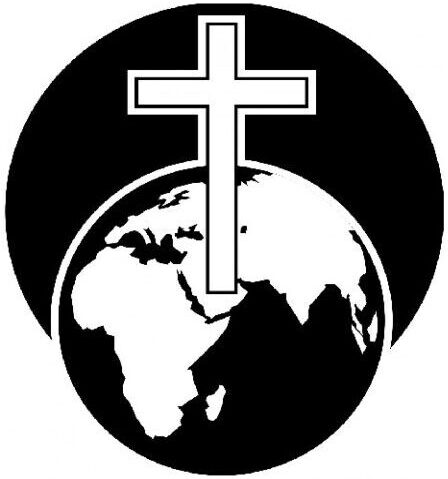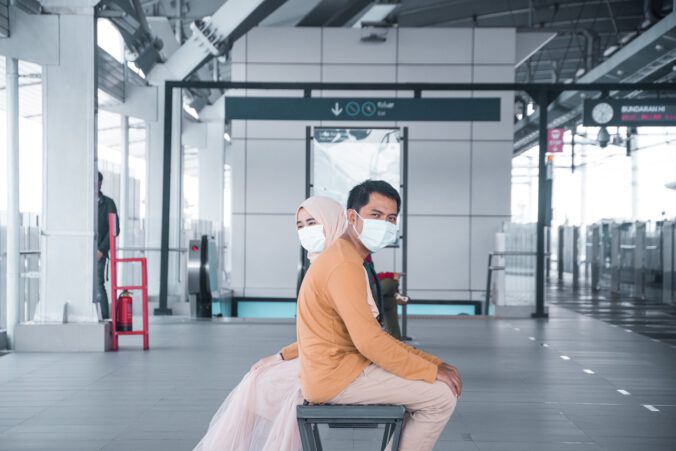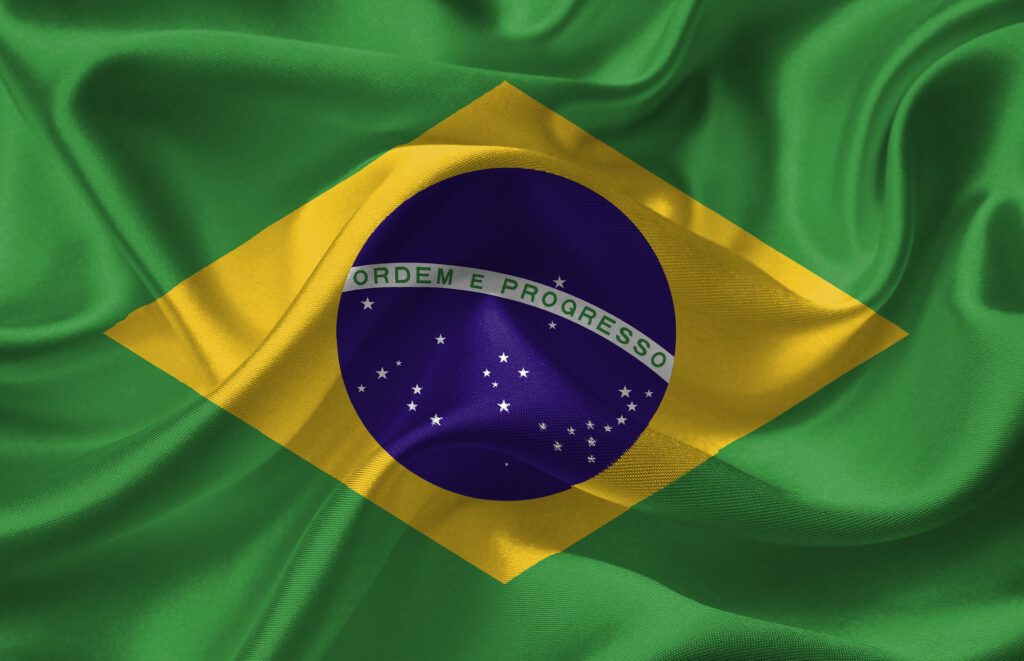Despite an overall decrease in maritime traffic due to the COVID-19 pandemic, piracy and armed robbery of ships rose by nearly 20 per cent during the first half of last year, a senior UN official told the Security Council on Monday.
Addressing a high-level debate on enhancing security for seafarers, Maria Luiza Ribeiro Viotti, the UN Secretary-General’s Chef de Cabinet, highlighted the need for stronger international cooperation.
Incidents in Asia have nearly doubled, while West Africa, the Straits of Malacca,Singapore, and the South China Sea, were the most affected areas, she said.
The “unprecedented” levels of insecurity in the Gulf of Guinea, and more recently in the Persian Gulf and Arabian Sea, were also particularly concerning.
The open debate was organized by India, which holds the rotating presidency of the UN Security Council this month.
For the country’s Prime Minister, Narendra Modi, oceans are “our shared global commons” and the “lifeline” of international trade.
The UN estimates that more than three billion people worldwide, mainly in developing countries, depend on the ocean for their livelihood and well-being.
“However, today this common maritime heritage of ours faces various types of threats,” said Mr. Modi.
“Maritime routes are being misused for piracy and terrorism.
There are maritime disputes between several countries.
And climate change and natural disasters are also challenges to the maritime domain.”
Ms. Viotti highlighted legal instruments that uphold maritime security, such as the UN Convention on the Law of the Sea.
“But this framework is only as strong as countries’ commitment to full and effective implementation,” she stressed.
“We need to translate commitment into action.”
The UN has welcomed moves by the international community to strengthen cooperation on maritime security.
The Organization also supports regional initiatives, including to fight piracy off the coast of Somalia and to try and cut down on the armed robbery of ships in Asia, according UN News.
Join the world government movement if you believe the world leaders should unite and work together to create a Paradise on Earth.[ultimatemember_social_login id=691]






